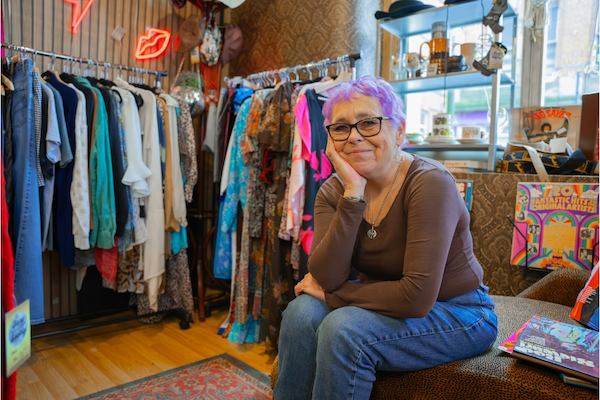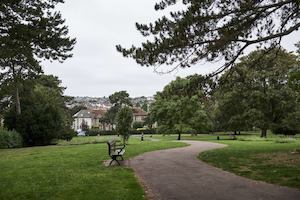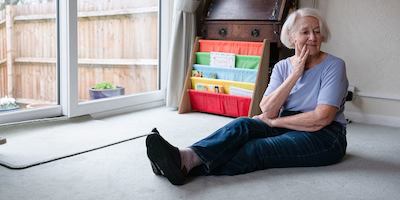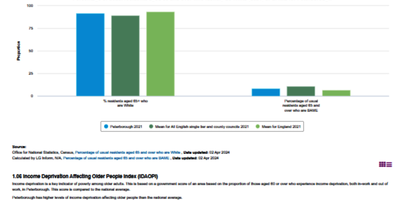Older people demand their voices are heard at Downing Street as they call for a Commissioner
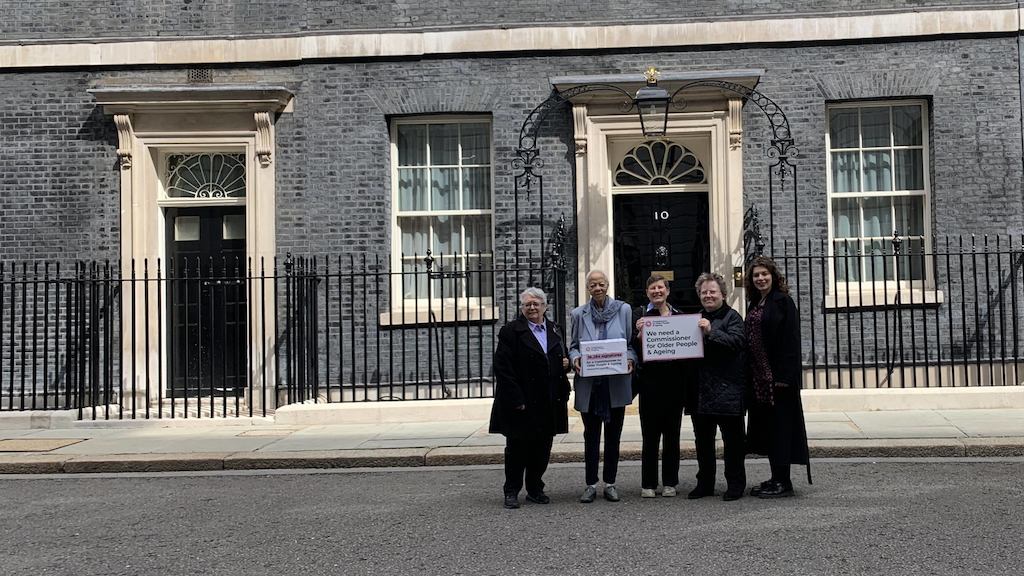
Representatives from Ageing Better join campaigners and colleagues from three other organisations to hand in a petition calling for a Commissioner for Older People and Ageing in England.
New survey supporting the campaign reveals that more than three in four (78%) people over 65 surveyed in England think older people are badly understood by the government.
Dozens of older people have taken calls for the creation of a Commissioner for Older People and Ageing in England to the heart of Westminster in the latest phase of our campaign.
Campaigners joined representative from the Centre for Ageing Better, Independent Age and Age UK, as well as from older person’s organisation the National Pensioners Convention, to deliver a petition of more than 36,000 signatures to political party leaders.
The campaign is calling for an independent commissioner to focus attention on the issues facing people in later life including pensioner poverty, which affects one in six older people across the UK, difficulty accessing social care, and loneliness and social isolation.
With a changing population which will see one in four of the population aged over 65 within the next 20 years, campaigners say that a commissioner is needed to help facilitate the long-term planning required to ensure the economy and society adapts for this demographic shift so that everyone has an opportunity to age well.
Representatives from the four organisations delivered the petition to the doors of 10 Downing Street as well as delivering to Labour and Liberal Democrat representatives.
Joined by campaigners, they brought placards illustrating a carrier pigeon, walkie talkie, tin can and string, and a megaphone, to show that it shouldn’t be this difficult for older voices to be heard.
Dr Carole Easton OBE, Chief Executive at the Centre for Ageing Better, said:
“The public has spoken on this issue and it is clear there is huge popular support for a Commissioner for Older People and Ageing. More than anything, people can sense the unfairness that older people in Wales and Northern Ireland already have an advocate standing up for their rights but not in England.
“When we launched this campaign last year, we knew there was a compelling case to create a commissioner for England. Events since then have only served to highlight the necessity and urgency for change.
“Our anti-ageism campaign has highlighted the overwhelming presence of ageism within our society. Our State of Ageing report has highlighted the very dire financial insecurity, and inequality, among older people - a situation which will only deteriorate following last month’s Budget. And our new Safe Homes Now campaign reveals the reality for millions of older people who are living in homes that pose a direct threat to their health.
“If we want this country to become the best place in the world to grow older, we need to protect the rights of older people and better consider our ageing population in the policies we set and the society we build. That work needs to start with the creation of a Commissioner for Older People and Ageing.”
Joanna Elson CBE, Chief Executive of Independent Age said:
“Older people have told us they’re fed up of feeling ignored and like their voices don’t matter.
“The people we speak to who are facing financial hardship, hit with high costs while managing on a low income desperately need an independent advocate with the power to make change.
“We have a rapidly ageing population, so these problems will just affect more and more people unless we make tackling them a priority. We need to see an urgent focus on the challenges older people face, and creating a commissioner is one of the ways this can be done.”
A poll of over 1,100 people aged over 65 in England found that three in four (75%) do not believe that society understands the issues facing older people.
A commissioner would amplify the voices of the diverse community that exists in later life, support businesses and public services to meet older people’s needs and have the power to bring together government departments and to make the experience of ageing better, which would benefit everyone as they reach later life.
Commissioners for older people already exist in Wales and Northern Ireland and have taken the lead on campaigning on cross-cutting issues that affect older people from all walks of life, from bus passes and care during COVID to the uptake of social security entitlements. Independent Age is leading a similar campaign for an Older People’s Commissioner in Scotland.
A commissioner could contribute to lifting older people out of poverty, for example by raising awareness of Pension Credit, the state pension top-up for those of on a low-income which can increase someone’s income by an average of over £3,500 a year. The financial entitlement is currently not being received by over 880,000 of those entitled.
Jan Shortt, General Secretary of the National Pensioners’ Convention, said:
“The independent Commissioners for Older People in Wales and Northern Ireland have been successful in achieving positive change in policies that enable older people to be heard and not disadvantaged by party political decisions.
“Ageism is a huge barrier to the older generation, as is the lack of understanding of the many issues that they face. A commissioner in England would focus on these challenges to ensure that older people have the chance to live with dignity and respect.
“We need a national strategy for ageing well and a commissioner would engage with ministers and be the catalyst for government policymakers to take a holistic view of what needs to change for today’s and tomorrow’s older people.”
Caroline Abrahams, Charity Director at Age UK, said:
"Over the last few years, we've seen how the Older People's Commissioners in Northern Ireland and Wales have made a tangible difference.
“For example, they have certainly helped to amplify older people's voices, making it much harder for governments to overlook their views and interests when important decisions are made that impact them. It's high time the rapidly growing older population in England is able to benefit in a similar way."
